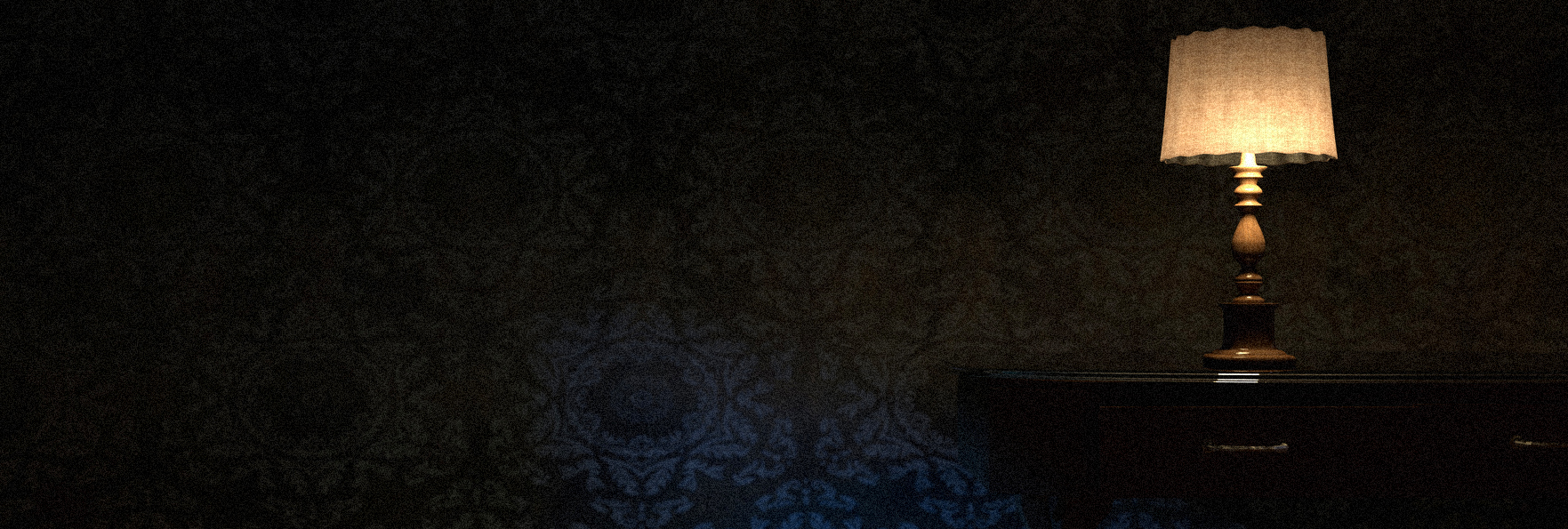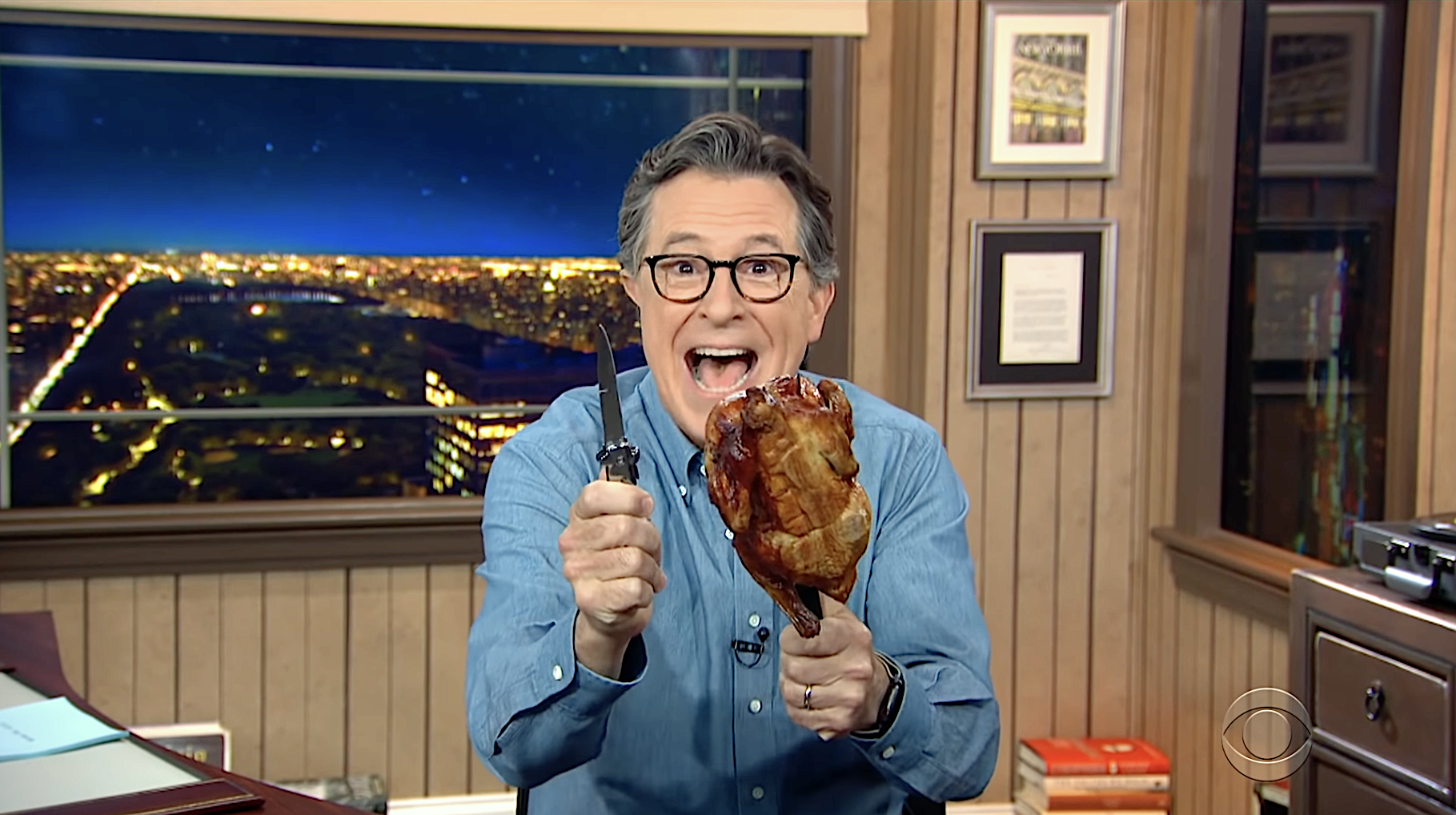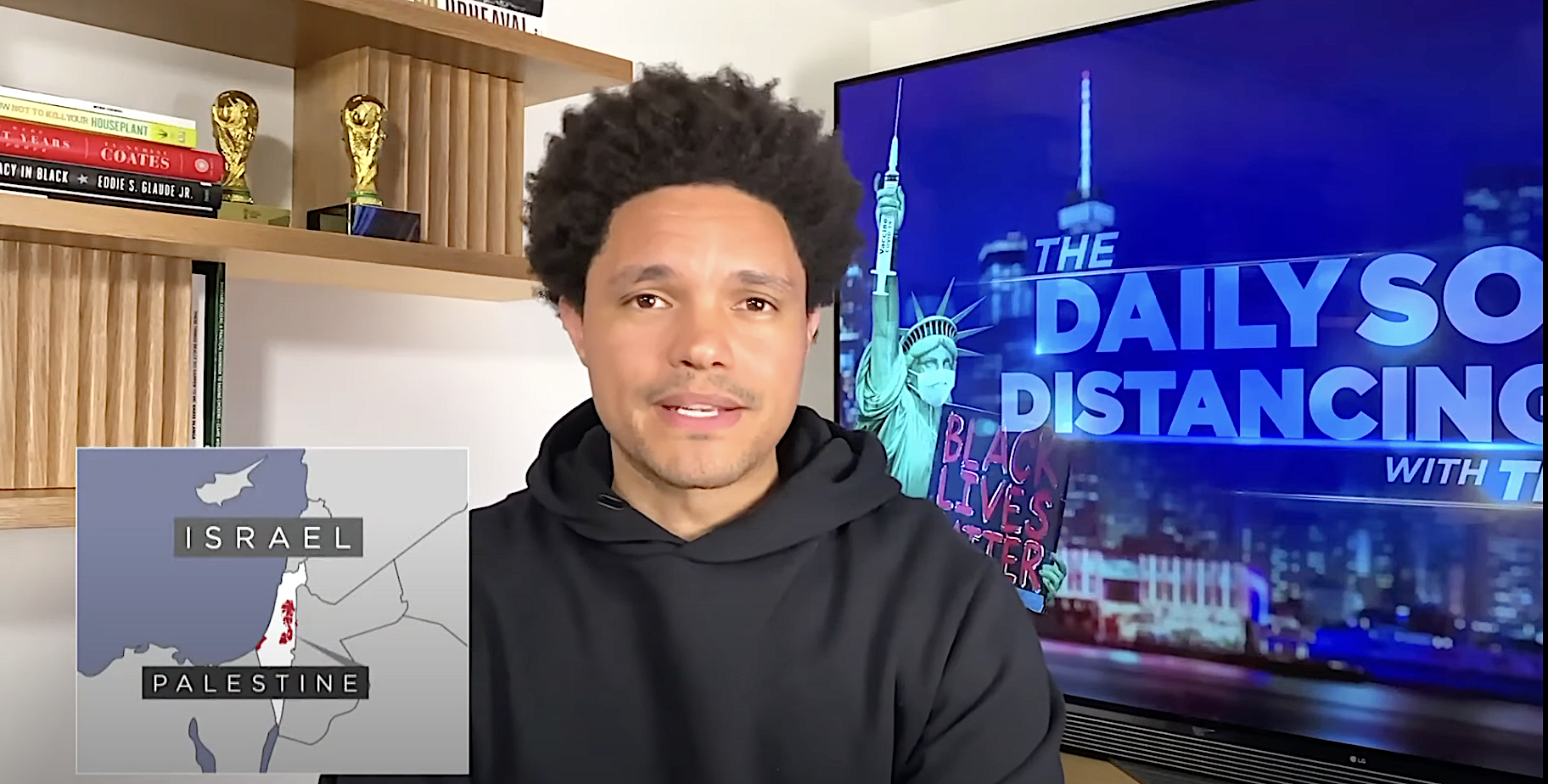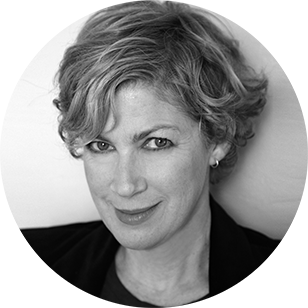A drunk man tried to sexually assault me. The next day, he apologized.
He apologized profusely. He took all the blame. He begged for forgiveness. But he could still not erase the harm he had done.


A free daily email with the biggest news stories of the day – and the best features from TheWeek.com
You are now subscribed
Your newsletter sign-up was successful
I have been writing autobiographical essays for almost 20 years. But I have never written about the very drunk man who pinned me beneath him on the floor of an empty room at a party. This will be the first time my parents learn about it. Until now, I have only told two friends, my husband, and, as of last week, my 15-year-old daughter.
The party had been winding down, and I'd gone into the room to get something from my knapsack. Or put something in it. I don't remember. I do remember the name of the party's host, who was a new friend, and I remember briefly meeting the man who would later become my boyfriend.
I was 25.
The Week
Escape your echo chamber. Get the facts behind the news, plus analysis from multiple perspectives.

Sign up for The Week's Free Newsletters
From our morning news briefing to a weekly Good News Newsletter, get the best of The Week delivered directly to your inbox.
From our morning news briefing to a weekly Good News Newsletter, get the best of The Week delivered directly to your inbox.
I don't remember what I wore, except for this: I was wearing a black bra, a detail which has haunted me. I recall standing with a group of people, the very drunk man included, saying something about my bra, its color, maybe something else, in what context I can hardly imagine, but we were theater people and theater people have few inhibitions. I have many, in fact, but that night, I guess a description of my bra wasn't among them.
Later, when the drunk man cornered me in an empty room and tried to kiss me, he called me a tease.
I didn't realize how drunk he was. He seemed to be a practiced drunk, someone who continued to function at a high level despite his drunkenness.
I don't remember how I ended up on the floor. From that first brutal kiss to the floor is a blur. No, not a blur. A blank. I remember the floor and my surprise that I was on it. I don't remember the fight, though there was one. There must have been. I'm a flailer. I would have flailed. I do remember his weight, his hands trying to pin mine and his face in my face, blocking the light.
A free daily email with the biggest news stories of the day – and the best features from TheWeek.com
I have no idea how long this went on, or what noise we made, but suddenly the door to the room opened — he must have shut it when he followed me in — and a voice cried out "What the hell?" In my mind's eye, a tall man with long blond hair and a pale beard like a surfer pulled the very drunk man off of me and threw him out of the room. When I think about the tall man now I wish I remembered who he was.
I was supposed to stay overnight with the friend who threw the party, and I don't know if I did that or went home. I felt sick and confused. The drunk man was not a stranger. He was a man I looked up to and, I thought, my friend.
I am often reminded of the time my father said to me, gently, "No man wants to be just your friend."
As I lay awake most of that night, "You're a tease" ran on a continuous loop in my head. I thought about those words for decades. I still think about them.
The next morning, the man who assaulted me called the party's host, distraught. He'd woken up from a blackout to see his face badly scratched and wasn't sure what had happened. She told him. He asked her to help him arrange a meeting. I resisted. I couldn't imagine facing him. I think I asked my friend to come with me. I hope I did.
We met somewhere outside, maybe the park, and he apologized profusely. He took all the blame. He begged for forgiveness. He has probably thanked God, or whomever, lo these many years, that the tall man had magically appeared to save me from him and him from himself.
The reason I haven't spoken or written of it since — the reason I haven't needed to — is because of that apology. And because I have never heard another word about him behaving this way — not a rumor, not a whisper. People sometimes do terrible things to each other, and while an apology may not erase the harm — in all too many cases, it can't — it goes some distance to setting a reeling world back on its axis.
What if 17-year-old Brett Kavanaugh had woken up the day after his alleged transgression and thought, I did something bad last night? Even if he wasn't exactly sure what he'd done, what if he'd called 15-year-old Christine Blasey and apologized? What if he'd apologized to Deborah Ramirez, the classmate from Yale who has accused him of aggressively exposing himself to her? What if he'd apologized at the time to Julie Swetnick, although personally, should her allegations prove to be true, I don't think there's an apology good enough for her.
But he hasn't apologized and, it appears, he won't. For a certain class of men, "youthful indiscretions" (and I use that term broadly and with a sneer) are something that must be forgiven without the proffering of an apology. For another class, youthful indiscretions mean jail time, but that is another essay for another time.
If these privileged men did acknowledge the wrong, they'd face consequences, including having to stop doing it. I suppose this is why perpetrators rarely apologize. As our president has famously said, "Deny, deny, deny."
And so, women will continue shouldering the blame, no matter how unfairly or nonsensically. We will be expected to have answers to questions like why did you walk there, wear that, drink that, say that, flirt, smile, go to that party, go into that room, get into that car, go running alone, live your life? The Republicans on the Senate Judiciary Committee, all men, will probably want answers to these questions from Christine Blasey Ford at her hearing. And women will continue to ask them of ourselves, not only out of misplaced shame, but because in looking back we hope to tinker with the time machine, return to when the thing that was done to us wasn't done yet.
Why did I talk about my bra?
Cynthia Kaplan is the author of two collections of comic essays, Why I'm Like This: True Stories and Leave the Building Quickly. She has written for The New York Times, The Philadelphia Inquirer, and New York Magazine, among many others, as well as for television and film. She lives in New York City with her family and difficult dog and frequently performs with her band, The Cynthia Kaplan Ordeal.
-
 ‘Restaurateurs have become millionaires’
‘Restaurateurs have become millionaires’Instant Opinion Opinion, comment and editorials of the day
-
 Earth is rapidly approaching a ‘hothouse’ trajectory of warming
Earth is rapidly approaching a ‘hothouse’ trajectory of warmingThe explainer It may become impossible to fix
-
 Health insurance: Premiums soar as ACA subsidies end
Health insurance: Premiums soar as ACA subsidies endFeature 1.4 million people have dropped coverage
-
 A peek inside Europe’s luxury new sleeper bus
A peek inside Europe’s luxury new sleeper busThe Week Recommends Overnight service with stops across Switzerland and the Netherlands promises a comfortable no-fly adventure
-
 A long weekend in Zürich
A long weekend in ZürichThe Week Recommends The vibrant Swiss city is far more than just a banking hub
-
 Late night hosts lightly try to square the GOP's Liz Cheney purge with its avowed hatred of 'cancel culture'
Late night hosts lightly try to square the GOP's Liz Cheney purge with its avowed hatred of 'cancel culture'Speed Read
-
 Late night hosts survey the creative ways America is encouraging COVID-19 vaccinations, cure 'Foxitis'
Late night hosts survey the creative ways America is encouraging COVID-19 vaccinations, cure 'Foxitis'Speed Read
-
 The Daily Show's Trevor Noah carefully steps through the Israel-Palestine minefield to an 'honest question'
The Daily Show's Trevor Noah carefully steps through the Israel-Palestine minefield to an 'honest question'Speed Read
-
 Late night hosts roast Medina Spirit's juicing scandal, 'cancel culture,' and Trump calling a horse a 'junky'
Late night hosts roast Medina Spirit's juicing scandal, 'cancel culture,' and Trump calling a horse a 'junky'Speed Read
-
 John Oliver tries to explain Black hair to fellow white people
John Oliver tries to explain Black hair to fellow white peopleSpeed Read
-
 Late night hosts explain the Trump GOP's Liz Cheney purge, mock Caitlyn Jenner's hangar pains
Late night hosts explain the Trump GOP's Liz Cheney purge, mock Caitlyn Jenner's hangar painsSpeed Read
